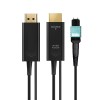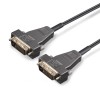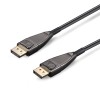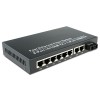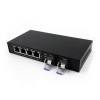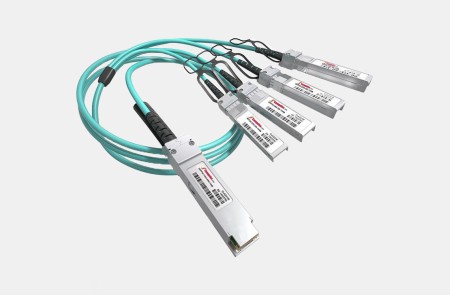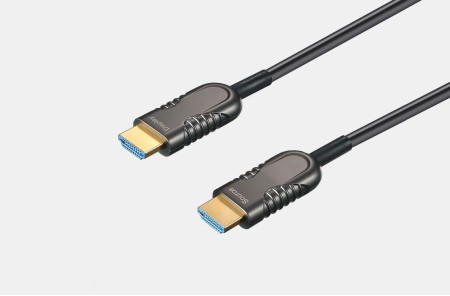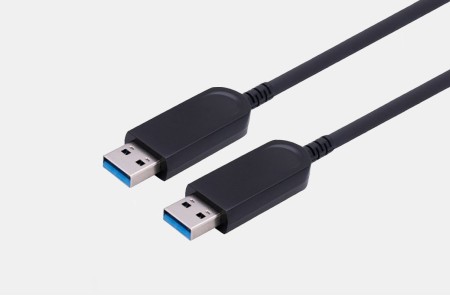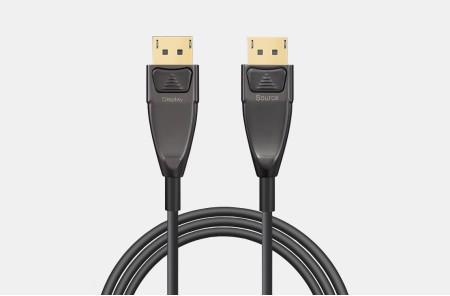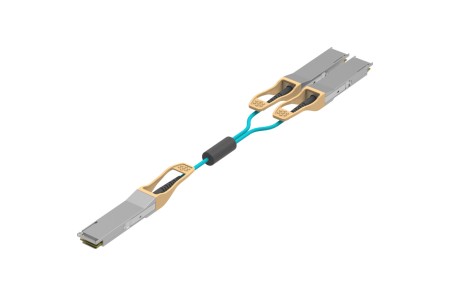What are the Differences between 4K and 8K HDMI Cables?

HDMI cables are used to transmit digital video and audio signals from one source to another. For example, an HDMI cable connected to digital media player or a computer can display clear and crisp video and audio when it is also connected to a monitor. There are substantial differences between 4K HDMI cables and 8K HDMI cables when it comes to resolution, refresh rate and bandwidth.
HDMI cables explained.
High-definition multimedia interface (HDMI) digital connectivity can simultaneously send both video and audio from one source to another. Various TVs and monitors all support HDMI connectivity. There are generally three different types of HDMI cables used that all vary in size. Mini (Type C) and micro (Type D) HDMI connectors are commonly used for tablets, recording devices, and other small devices. Standard (Type A) HDMI cables are a little bigger and are used for computers, HDTVs, gaming consoles, streaming media players, and other devices.
All HDMI connectors feature a trapezium shape with a 19-pin configuration that allows video and audio signals to travel through copper cables inside each device, providing clear picture and sound in high definition.
Resolution, refresh rate and bandwidth.
Understanding the differences between 1080p, Full HD and 4K is helpful when comprehending how HDMI cables work. The resolution of an HDMI cable refers to the number of pixels that get scanned, resulting in the digital images you see on the screen. The higher the resolution, the clearer the image will be. This is directly related to the refresh rate, which is how many times per second a new image is produced. Both the resolution and refresh rate rely on an HDMI cable’s bandwidth. The bandwidth refers to the frequency range in which all this data can be transferred, setting the limit of a standard HDMI cable at 5 Gbps (gigabits per second).
When it comes to 4K technology, HDMI connections do make a difference. 4K has a much higher resolution, refresh rate and bandwidth than standard high-definition TVs and monitors. So, only 4K or 8K HDMI cables will work on a device that supports 4K.
4K HDMI cables vs. 8K HDMI cables.
HDMI 2.0: 4K HDMI cables.
With wider viewing angles, higher contrast ratios and better color quality, 4K technology is more popular than ever. Standard high-definition TVs and monitors are not capable of displaying resolutions over 1080p. However, high speed 4K HDMI cables, also referred to as HDMI 2.0 cables, can support resolutions up to 2160p (3,840 x 2,160), which equates to around 8 million pixels.
The addition of more pixels creates more detailed images with expanded color space. A 4K HDMI cable’s refresh rate is 60Hz, or 60 frames per second. With more pixels being refreshed faster, a 4K HDMI connector’s bandwidth is 18 Gbps. This bit rate transmits data over three times as fast as a standard HDMI cable.
HDMI 2.1: 8K HDMI cables.
Although 8K technology isn’t as prominent as 4K yet, TVs are still being produced for the next wave of high-definition viewing. 8K HDMI cables, or HDMI 2.1 cables, can support resolutions up to 4320p (7,680 x 4,320), which is approximately 33 million pixels. This creates a much sharper and more vibrant image than what 4K technology can offer.
The refresh rate of an 8K HDMI is also expanded to 120Hz, or 120 frames per second, which is twice as many as a 4K HDMI 2.0 connector. The maximum bandwidth of an 8K HDMI cable is 48 Gbps. This is over twice as fast as a 4K HDMI cable’s ability to transmit data and nearly ten times faster than a standard 1080p HDMI cord.
4K and 8K HDMI FAQs.
Do you need a 4K HDMI cable or an 8K HDMI cable?
The type of HDMI cable you need depends on what type of TV you have. 8K HDMI 2.1 cables will work on both 4K and 8K TVs, but a 4K HDMI 2.0 cable will only work on a 4K TV.
Will an 8K HDMI cable work on a 4K TV?
It is completely fine to use an 8K HDMI cable with a 4K TV as long as the TV’s manufacturer permits it. An 8K HDMI cord can display better resolutions with higher refresh rates and bigger bandwidths, so it can easily handle the maximum requirements of a 4K TV. However, some older 4K TVs that use 8K HDMI cables might experience latency issues.
Do you need new HDMI cables for an 8K TV?
An 8K HDMI cable (HDMI 2.1) is the best HDMI cable for displaying 8K resolution. 8K HDMI cables are the only HDMI cord with a bit rate of 48 Gbps. Any TV cable with a lesser bandwidth will not be able to support 8K technology.
Will an 8K HDMI cable improve picture quality?
If an 8K HDMI cable is used on a television that supports 8K, the picture quality greatly improves. But, using an 8K HDMI cable on a 4K TV or a standard high-definition TV will not improve the quality of the picture.
Will a standard HDMI cable work for a 4K TV?
A standard HDMI cable that doesn’t support 2160p resolution will not work for a 4K TV. In order to get all of the benefits a 4K TV offers, a 4K HDMI cable is required.
Are 8K HDMI cables worth it?
8K HDMI cables can be a little more expensive than 4K HDMI cables, but the benefits outweigh the price discrepancy. Some 4K TVs have higher refresh rates, so 8K HDMI cables might actually make the picture crisper and clearer. Plus, TVs and monitors will eventually adopt 8K technology as the new normal, so a person can be prepared by already owning an HDMI cable with an 8K capacity.
Qsfp28optics.com offers high quality AOC HDMI 2.0 cables and AOC HDMI 2.1 cables, you can visit our store at : https://www.qsfp28optics.com/hdmi

